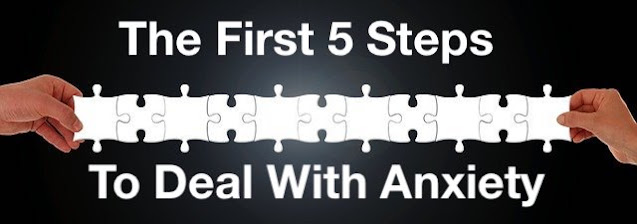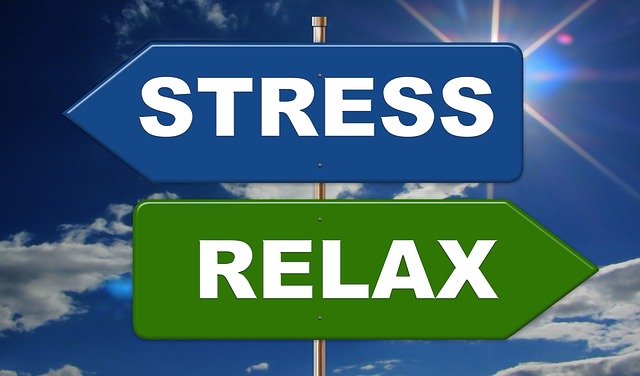Learning How to Relax with Hypnosis

“I can’t seem to relax” Busy and stressful day to day life means that many know they need to relax but find it difficult to actually do it. Sometimes people tell me that they struggle to relax because they can’t ‘switch their mind off’. A person may believe they are unable to relax because their mind simply races through all the things they have done that day and the plans for the next. It feels like their mind does not switch off and as a result become more stressed. Did you know that thinking and relaxing are two different things? It is perfectly possible to benefit from relaxation even when your mind is thinking about other things. When relaxing almost always our mind will wander, and this has little effect on the benefits of relaxation. Hypnosis is best described as deep, focused relaxation. A person is not asleep and is perfectly aware of what is said and what is going on around them; the idea of being unconscious is a myth. I often tell clients who are experiencing hypnosis f

